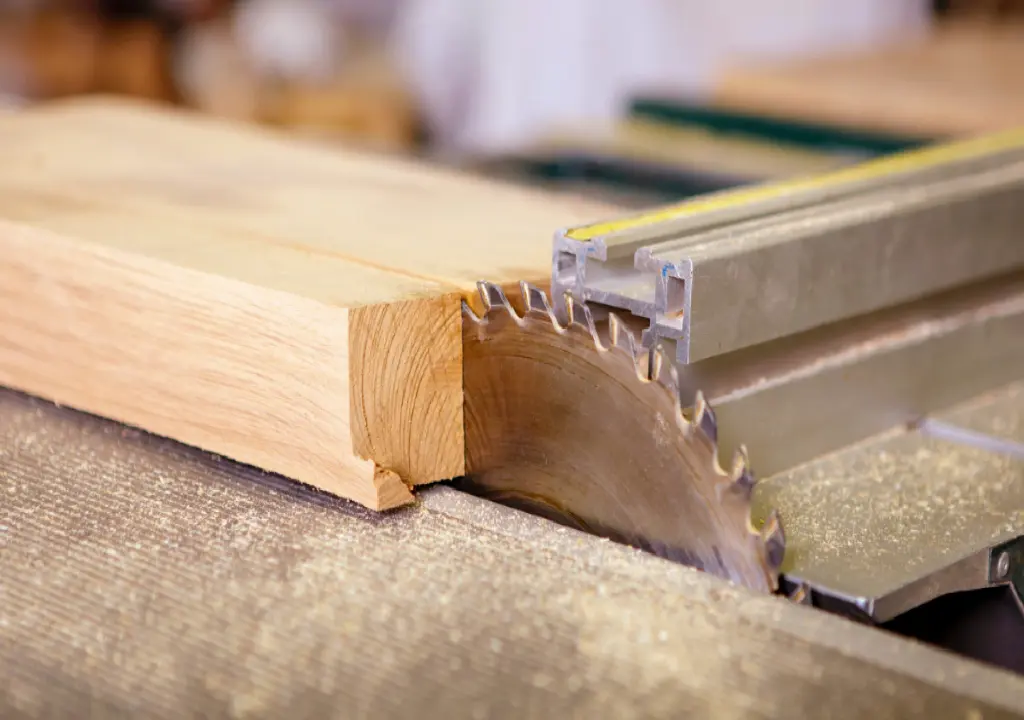Automation of woodworking processes – an investment in the future
Automation of woodworking processes, the main issues, requirements and goals of the manufacturing industry have changed significantly in recent decades. Those who have been operating in this sector according to old standards and processes for years will sooner or later have to restructure the existing woodworking production process. By introducing more suitable automation technology, companies would become more successful and competitive in the market. Undoubtedly, this transition to modernization also has a positive impact on the national economy.
Automation and mechanization as a path to development
Automation involves the introduction of technology, computer programs, algorithms, or even robotic equipment into stages of the production process that were previously performed by humans.
In the wood industry, there are still conservative and traditional companies that are product-oriented and use the same woodworking methods as 50 years ago. However, the number of such companies is decreasing every year. Today, more and more companies are choosing to refocus their attention on the market and customers. This only means that the company needs to increase the range of services and produce products with higher added value.
Although there have been significant improvements in the primary and secondary stages of wood processing, such as high-capacity sawmills, high-performance wood processing equipment and continuous wood panel presses, new process technologies and production concepts need to be developed. Wood processing companies need to work in an environmentally efficient manner at every stage and process of production.
The need for a skilled workforce
Therefore, if the automation and mechanization of woodworking processes is taking place, a more qualified and educated workforce is needed. The workforce must be competent enough to monitor and manage the operation of production equipment and processes. If until now people with low qualifications could find work in the woodworking industry, then in the future there will be even fewer such vacancies. Companies will need equipment operators with technical knowledge. In several countries, woodworking and other companies are facing a shortage of qualified workforce, which will result in a significant increase in personnel training in such specific areas.
If you are thinking about modernizing your sawmill and improving its efficiency, consider that investing in smart equipment, which is initially a large investment, will not only increase the efficiency and added value of your production and processing processes, but will also open up new market opportunities and save money on rising labor costs.

